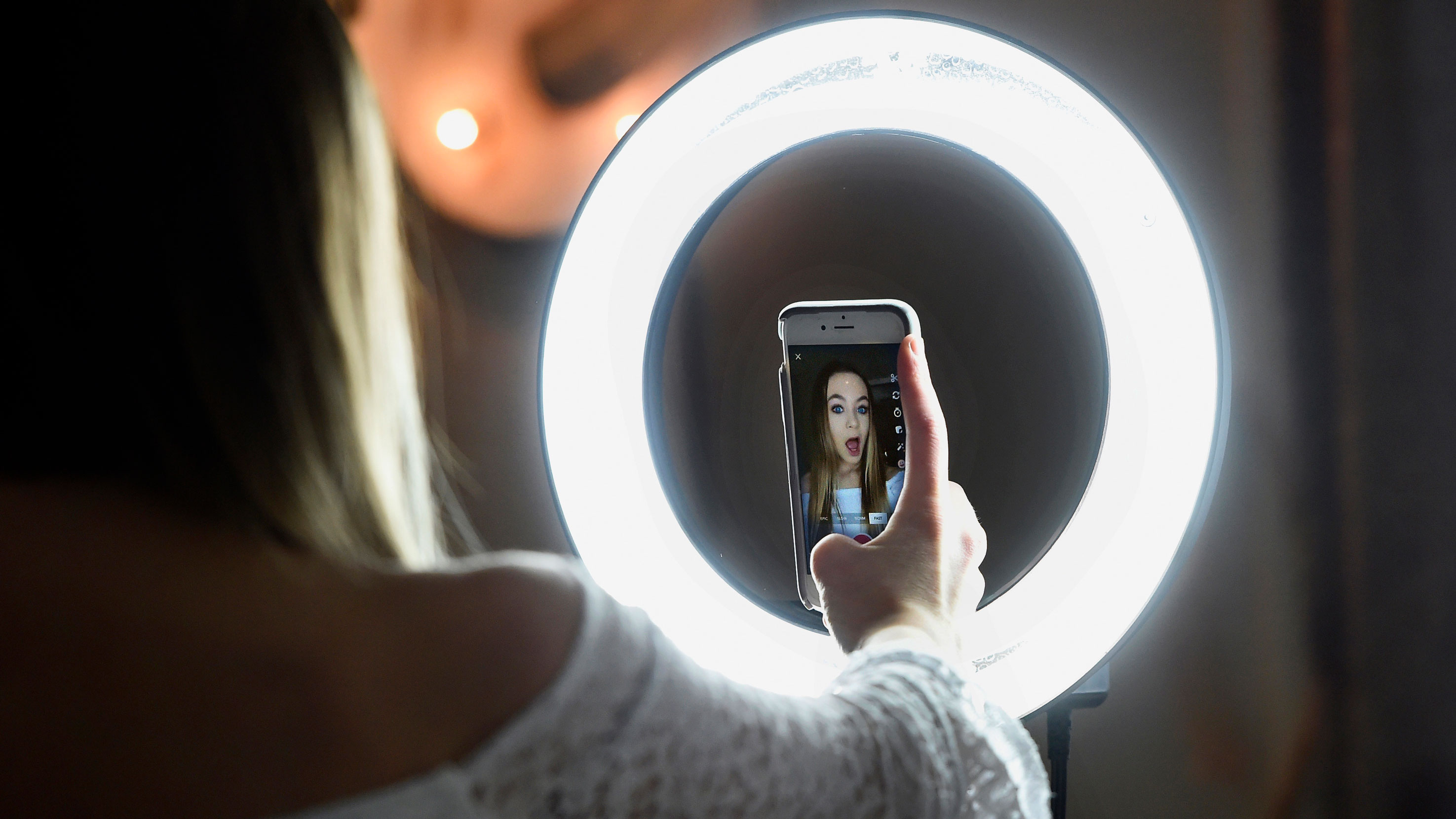Instagram has started asking new users for their birthdays

Instagram has started requiring all people signing up to create a new account to provide their birth date, in an attempt to keep younger users safe.
The details: You have to be 13 to create an account, although Instagram won’t verify the information provided. Until now, Instagram just required its one billion users to tick a box saying they are over the age of 13 when they sign up. Birthdays won’t be visible to other people on Instagram, and existing users won’t be asked to provide their birthdays—at least for now. Users who have merged their Instagram account with their Facebook profile, which requires a birth date, have already provided that data to Instagram.
Why is Instagram doing this? It says it’s so it can provide new safety measures for younger users. The company has been gradually introducing tools to crack down on bullying, self-harm, and suicide imagery on the app, partly in response to anger over the suicide of a 14-year-old girl named Molly Russell whose account had contained distressing material. Snapchat and TikTok already ask new users to provide birth dates.
The ads angle: It will also help Instagram check that it’s showing ads for alcohol, gambling, and other age-restricted products to people who are legally old enough, although the company said this wasn’t the main purpose of the change. Instagram likely hopes the policy could preempt any new laws restricting its activity in the US, the UK, and other countries where family safety groups have been critical of its policies.
A role for AI? Instagram told Reuters it expects “most people will be honest about birth dates,” but it eventually sees a role for artificial intelligence in verifying people’s ages. By analyzing this birthday data, along with posts mentioning “happy birthday” and other terms, Instagram has trained machine-learning software that can predict a user’s age and gender. The data from new sign-ups will help to improve accuracy, Instagram’s head of product, Vishal Shah, told Reuters.
Deep Dive
Policy
Is there anything more fascinating than a hidden world?
Some hidden worlds--whether in space, deep in the ocean, or in the form of waves or microbes--remain stubbornly unseen. Here's how technology is being used to reveal them.
A brief, weird history of brainwashing
L. Ron Hubbard, Operation Midnight Climax, and stochastic terrorism—the race for mind control changed America forever.
What Luddites can teach us about resisting an automated future
Opposing technology isn’t antithetical to progress.
Africa’s push to regulate AI starts now
AI is expanding across the continent and new policies are taking shape. But poor digital infrastructure and regulatory bottlenecks could slow adoption.
Stay connected
Get the latest updates from
MIT Technology Review
Discover special offers, top stories, upcoming events, and more.